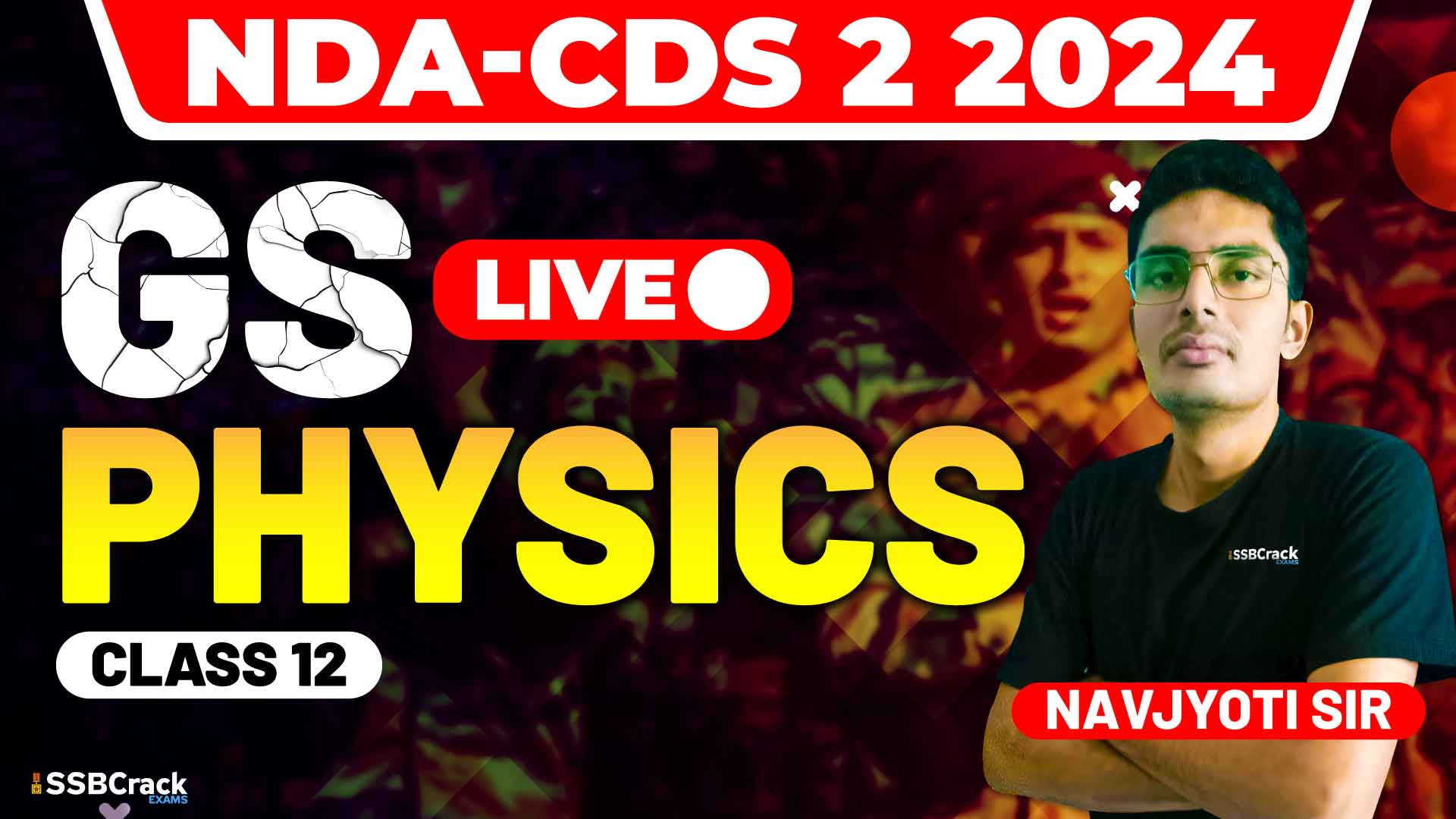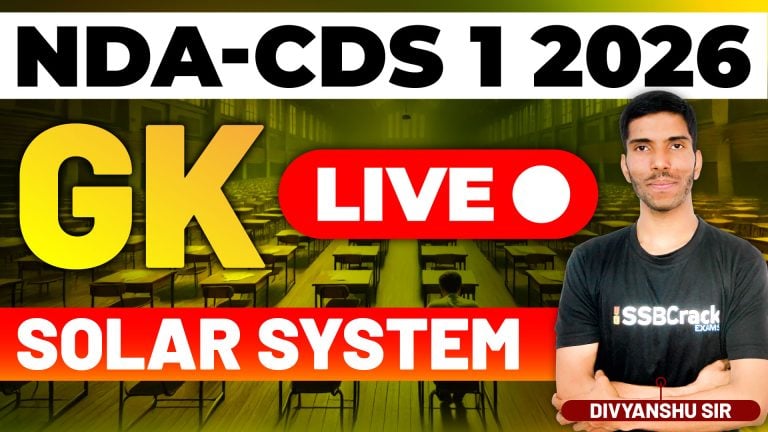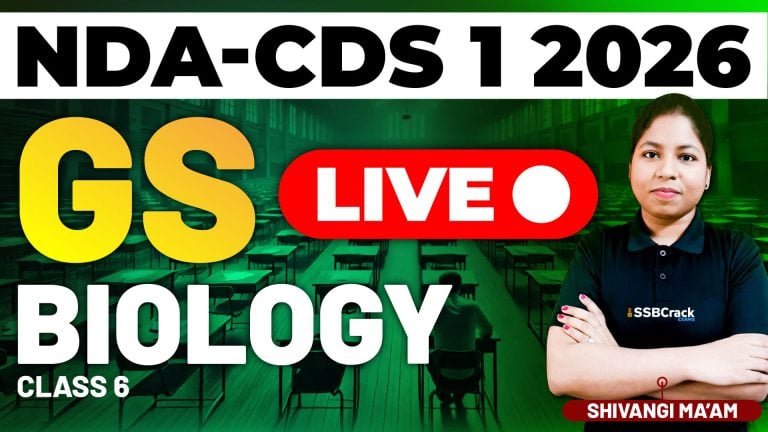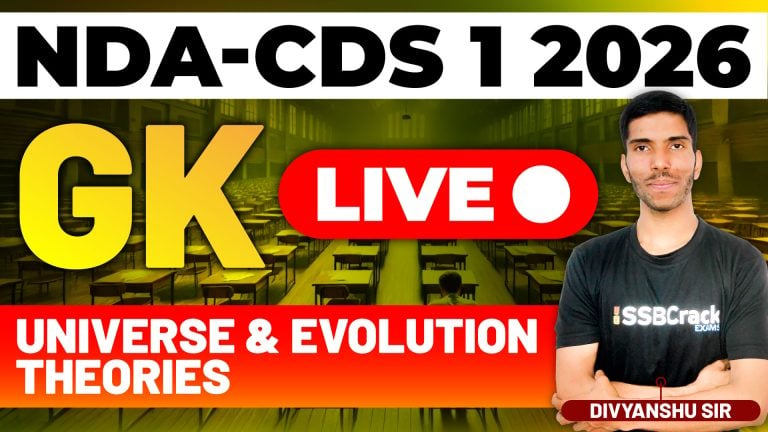Preparation for the NDA (National Defence Academy) and CDS (Combined Defence Services) exams in physics often includes a variety of miscellaneous topics that are crucial for a comprehensive understanding of the subject. This article highlights key concepts from these miscellaneous topics and provides strategies for effectively solving multiple-choice questions (MCQs) in the context of the exam pattern.
Heat Transfer
Heat transfer is the process of thermal energy moving from one object or material to another due to a temperature difference. There are three primary modes of heat transfer: conduction, convection, and radiation.
- Conduction: Heat transfer through a solid material by direct contact of particles. Metals are good conductors.
- Convection: Heat transfer in fluids (liquids and gases) due to the movement of the fluid itself. Warm fluid rises while cooler fluid sinks, creating a convection current.
- Radiation: Transfer of heat through electromagnetic waves. It does not require a medium and can occur in a vacuum, such as heat from the sun.
Specific and Latent Heat
Specific heat capacity is the amount of heat required to raise the temperature of a unit mass of a substance by one degree Celsius. Latent heat is the heat required to change the state of a substance without changing its temperature.
- Specific Heat Capacity: Indicates the ability of a substance to absorb heat energy. Water has a high specific heat capacity, making it effective for temperature regulation.
- Latent Heat: Includes latent heat of fusion (solid to liquid) and latent heat of vaporization (liquid to gas). These are crucial during phase changes.
Calorimetry
Calorimetry is the science of measuring the amount of heat transferred to or from a substance. A calorimeter is used for these measurements, typically involving water and a thermometer to measure temperature changes.
- Principle of Calorimetry: The heat lost by a hot object is equal to the heat gained by a cold object, assuming no heat loss to the surroundings.
- Applications: Used in determining specific heat capacities and latent heats of substances.
Nuclear Energy
Nuclear energy is the energy released during nuclear reactions, either by fission (splitting of atomic nuclei) or fusion (combining of atomic nuclei). It is a significant source of power and has both civilian and military applications.
- Nuclear Fission: Used in nuclear reactors and atomic bombs. It involves splitting heavy nuclei like uranium-235 or plutonium-239.
- Nuclear Fusion: Powers the sun and other stars. It involves combining light nuclei like hydrogen to form heavier nuclei, releasing immense energy.
System of Particles and Rotational Motion
This topic deals with the dynamics of systems comprising multiple particles and objects in rotational motion. It covers concepts like the center of mass, torque, angular momentum, and rotational kinematics.
- Center of Mass: The point where the mass of a system is concentrated. It moves as if all external forces act at this point.
- Torque: The rotational equivalent of force. It causes angular acceleration.
- Angular Momentum: The rotational equivalent of linear momentum, conserved in the absence of external torque.
Simple Harmonic Motion (SHM)
SHM is a type of periodic motion where the restoring force is directly proportional to the displacement and acts in the direction opposite to that of displacement. It is characterized by its sinusoidal oscillations.
- Characteristics: Includes amplitude (maximum displacement), period (time for one complete cycle), and frequency (number of cycles per unit time).
- Examples: Include the motion of a pendulum and mass-spring systems.
Conclusion
Preparing for the NDA and CDS exams requires a solid understanding of various physics topics, including these miscellaneous concepts. By focusing on fundamental principles, practicing problem-solving, and employing effective exam strategies, you can enhance your preparation and improve your performance. Remember, consistent practice and a clear grasp of the basic concepts are key to excelling in these competitive exams. Good luck!







